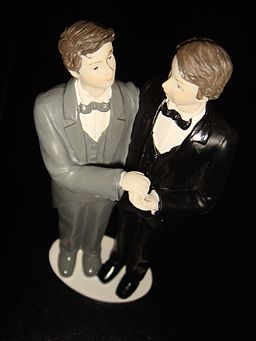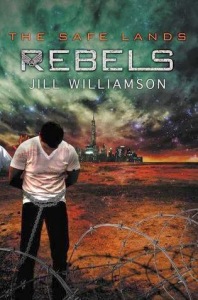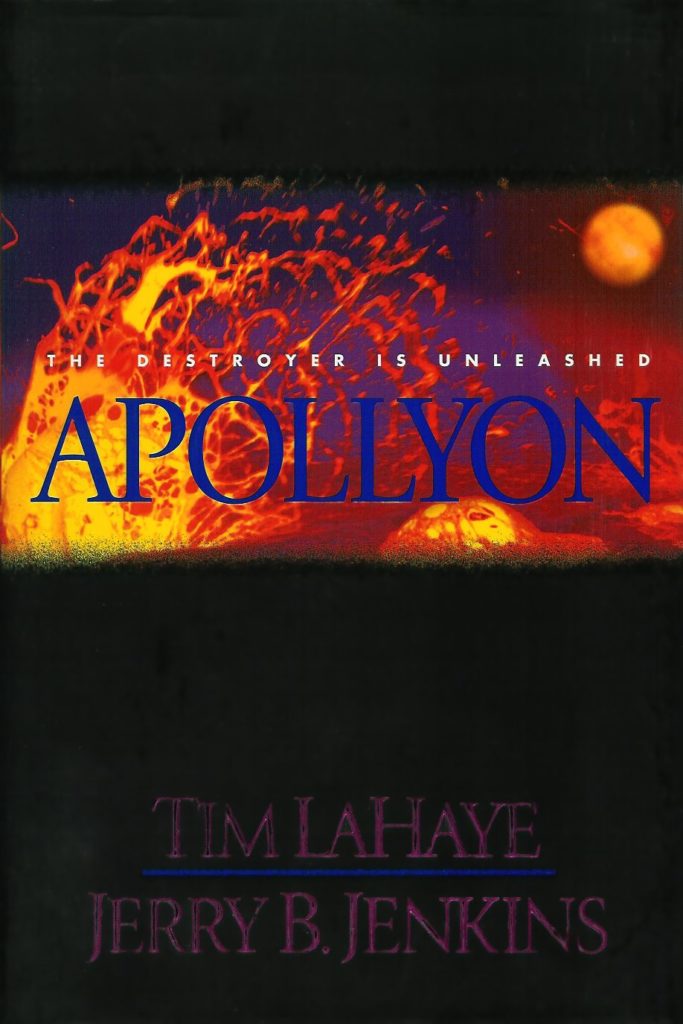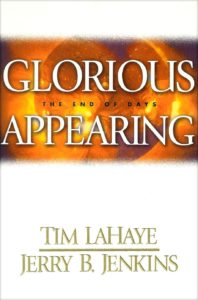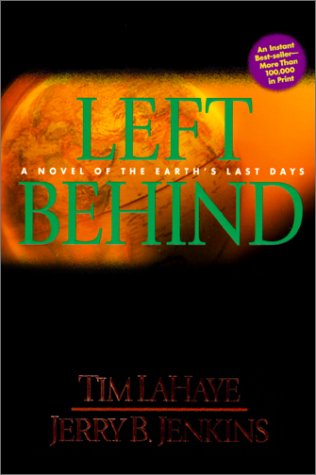
Rebels concludes Jill Williamson’s dystopian trilogy entitled The Safe Lands.
– – – – –
Levi woke to the sounds of chaos. Footsteps thumping through the house. Giggling children. Screeching children. Women shushing.
Not that the children seemed to be listening. The noise came through the closed door of the bedroom Zan had given to him and Jemma for the the night. He rolled over. No sign of his wife. She must be up already and keeping the children out of the room.
It all came back then: Mason and Omar had been captured. Mason had been shot in the leg. Omar had been beat up by General Otley.
At least Otley was dead now.
What would become of his brother?
Outside the room, someone banged against his bedroom door, followed by a screeching giggle.
Levi wondered what time it was, but this room had no clock. This was no way to remain inconspicuous to neighbors. Not in a place where children lived only at the boarding school.
When he finally lay down that morning—after having seen his brothers captured and after Nash had brought Shaylinn, the medic named Ciddah, and Kendall‚Äôs baby boy to Zane‚Äôs house—there had been over fifty bodies crammed into the small dwelling in the Midlands. They covered the floor, sleeping side by side and head to toe.
Now all of them seemed to be wide awake and filled with energy.
Levi slid out of bed and opened the door. Three little girls ran past, nearly knocking him over, filled with the shrieking giggles of pure joy. They all met at the end of the hallway, colliding like cornered chicks.
Then, ‚ÄúGive it back!‚ÄĚ one yelled.‚ÄĚI found it!‚ÄĚ
They ran back toward him.
He reached out and caught the first. It was Eliza‚Äôs Kaylee, pinching a rhinestone butterfly between her fingers. The other two stopped behind her, and she stretched out her arm to keep her treasure away from her pursuers. ‚ÄúNo running in the house, Kaylee,‚ÄĚLevi said. ‚ÄúAnd you must keep your voices down.‚ÄĚ
One of the other girls pushed up against Kaylee, snatched the butterfly, and ran off.
Kaylee‚Äôs eyes flashed wide and she tried to pull away from Levi. ‚ÄúIt‚Äôs mine!‚ÄĚ she yelled. ‚ÄúGive it back!‚ÄĚ
‚ÄúShh!‚ÄĚ Levi turned Kaylee to face him. ‚ÄúWe have to be quiet.Do you want the enforcers to come here and take you away?‚ÄĚ
‚ÄúNo!‚ÄĚ Kaylee jerked away from Levi‚Äôs grasp, and he barely kept hold of her. ‚ÄúDon‚Äôt send me back there, Uncle Levi, please!‚ÄĚ Her bottom lip trembled.
Maggots. He was no good with children. Where was Jemma? He scanned the house and caught sight of her brown hair in the kitchen. He looked back to the little girl. ‚ÄúNo one will take you away, Kaylee, but you must try and be quiet. Quieter, at least.‚ÄĚ He released her, and she ran after the other two girls—silently, for now.
Levi closed the bedroom door and walked into the kitchen where Jemma and Shalinn were putting together sandwiches. Peanut butter and jam, by the looks of things.
‚ÄúHi, Levi,‚ÄĚ Shaylinn said.
Jemma spun around, a smile on her face. ‚ÄúLevi! Sleep well, my love?‚ÄĚ She set down a knife and embraced him.
He held her close, breathing her in, suddenly overwhelmed by the stress of their situation. He wished the first few months of their marriage had gone differently, that they might have lived in the cabin he‚Äôd built in Glenrock. ‚ÄúWhat time is it?‚ÄĚ
‚ÄúFive thirty.‚ÄĚ
‚ÄúAt night?‚ÄĚ
‚ÄúYou slept all day.‚ÄĚ She kissed his cheek and pulled away from him.
He released her reluctantly. ‚ÄúYou should have wakened me.‚ÄĚ He couldn‚Äôt believe he‚Äôd lost an entire day. There was much to be done.
‚ÄúIt was a stressful night for all of us. You needed rest.‚ÄĚ She picked up the knife and kept cutting.
Other things came to his mind then. The move from the cabin. The birth of Jordan‚Äôs son. ‚ÄúHow is Naomi?‚ÄĚ
‚ÄúDoing fine. The baby too. ‚ÄėHarvey,‚ÄĚ Jordan called him this morning.‚ÄĚ
After Jordan‚Äôs father. ‚ÄúNice. Where is Ruston?‚ÄĚ he scanned the house. ‚ÄúWhere are the other ladies?‚ÄĚ
‚ÄúRuston tried waiting for you, but there were just so many people in here that he had to start taking them below. The other women, plus Jordan and the Jack‚Äôs Peak men, went down with him to see the new homes. He also took two of the little Safe Lands boys to his wife.‚ÄĚ
‚ÄúHow long have they been gone?‚ÄĚ
‚ÄúThey left after lunch. Ruston said that when they got back, the adults would know the way to the new homes and could guide the rest of us. Said it was better than all of us going down at once and frightening the people who live there.‚ÄĚ
‚ÄúThe Kindred.‚ÄĚ
‚ÄúI think it‚Äôs romantic.Just hearing about it makes me think of the Amish.‚ÄĚ
‚ÄúWho?‚ÄĚ
‚ÄúPeople of Old who chose to live apart from society and didn‚Äôt use modern conveniences like electricity or motor vehicles.‚ÄĚ
‚ÄúWhy?‚ÄĚ
‚ÄúThey felt it weakened the family structure and got between them and God. And they preferred to live lives of hard work the way people did thousands of years before the Industrial Revolution. I heard Ruston explaining the Kindred to Eliza and, I don‚Äôt know, I just thought of all my Amish books.‚ÄĚShe set down the knife and sighed. ‚ÄúI miss my books. I miss reading.‚ÄĚ
He rubbed her shoulders. He wanted to promise that they’d get out soon and that she could read all the books she wanted, but he was tired of showering his wife with empty promises. They were going into hiding. That almost seemed further away from freedom.
Another shriek turned his head to the living room. ‚ÄúThese kids are being too loud.‚ÄĚ
‚ÄúWe‚Äôve been doing the best we can. Lunch kept them quiet, so hopefully dinner will too.‚ÄĚShe handed Levi two plates, then took two herself.
Levi helped Jemma pass out the plates with sandwiches. The kids sat cross-legged on the floor, which left room for Levi, Jemma, and Shaylinn to eat at the table.
‚ÄúDid Zane go with Ruston?‚ÄĚ Levi asked.
‚ÄúI believe he‚Äôs down in the nest, monitoring enforcer radios or something,‚ÄĚ Jemma said. ‚ÄúI‚Äôll have Shaylinn take him a plate when we‚Äôre done.‚ÄĚ
‚ÄúNo need.‚ÄĚ
Levi turned in his chair at the sound of Zane‚Äôs voice. His friend wasn‚Äôt alone. Ruston, Nash, Jordan—everyone had returned.
‚ÄúIs there enough for us too?‚ÄĚ Jordan asked.
‚ÄúYes, of course,‚ÄĚ Jemma said. ‚ÄúYou can help yourself in the kitchen or wait until I finish.‚ÄĚ
Jordan wandered into the kitchen. ‚ÄúWhere‚Äôs Naomi?‚ÄĚ
‚ÄúLying down with the baby in the other bedroom,‚ÄĚ Jemma said. ‚ÄúCiddah was in there with her for a while. Elyot and Kimi finally fell asleep, so hopefully Naomi is sleepingtoo.‚ÄĚ
Jordan pulled out the chair on Levi‚Äôs left and sat down. ‚ÄúHarvey didn‚Äôt sleep very well.‚ÄĚ
‚ÄúNew babies rarely do,‚ÄĚ Aunt Chipeta said.
‚ÄúTell me about the new living arrangements,‚ÄĚ Levi said, just as Jordan took a huge bite of sandwich.
Jordan chewed a few times, then spoke over a full mouth. ‚ÄúIt‚Äôs weird. A bunch of tunnels hook everything together. And there‚Äôs a park with real grass.‚ÄĚ
A park? ‚ÄúHow do you have grass underground?‚ÄĚ
‚ÄúWe have special lights that enable plants to grow,‚ÄĚ Ruston said. ‚ÄúThere are ten empty homes below. The list you and Beshup created only utilizes eight of them. Are you sure you don‚Äôt want to spread the people out a little more? The houses are quite small.‚ÄĚ
‚ÄúThere aren‚Äôt enough adults,‚ÄĚ Levi said. ‚ÄúAs it is we had to divide up three families of Jack‚Äôs Peak‚Äôs children.‚ÄĚ
‚ÄúWe will try it this way,‚ÄĚ Beshup said. ‚ÄúOnce we are down there for a few days, we will discover what works and what does not.‚ÄĚ
Levi didn’t like how vulnerable he felt with everyone inside this little house. Once the women and children were settled in the basements, he could focus on other things, like finding Mason and Omar and helping Beshup free the Jack’s Peak women from the harem, the Safe Lands’ compulsory in vitro program.
‚ÄúWhen can we go?‚ÄĚ he asked.
‚ÄúRight away,‚ÄĚ Ruston said.
 In the new trailer he sounds like a hybrid of Megatron and The Joker. But he offers more evil philosophy than either.
In the new trailer he sounds like a hybrid of Megatron and The Joker. But he offers more evil philosophy than either.
































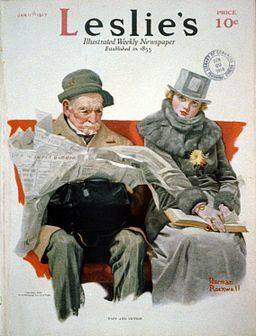


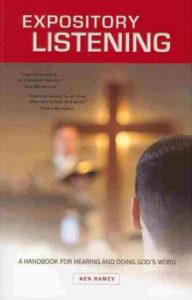



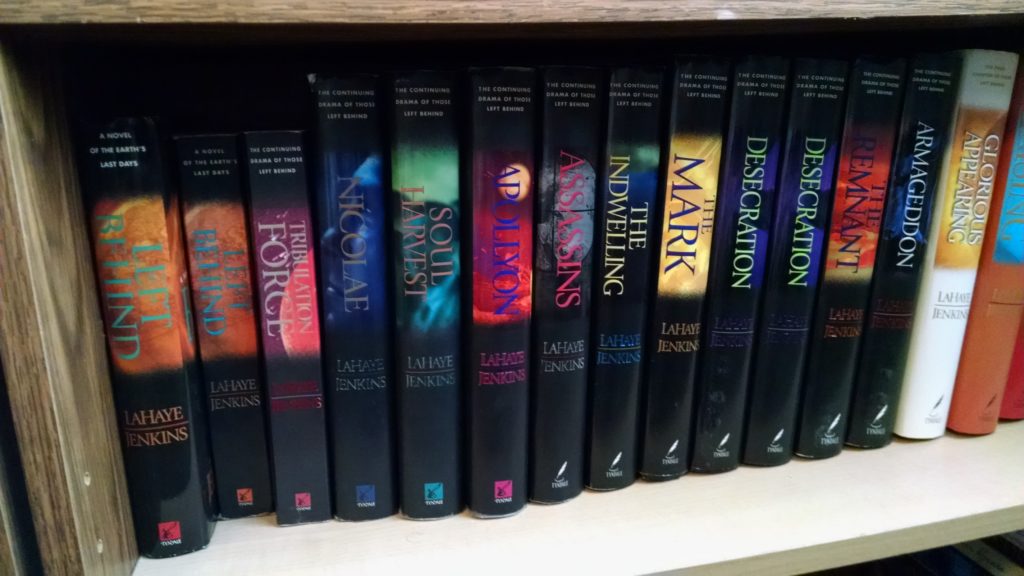

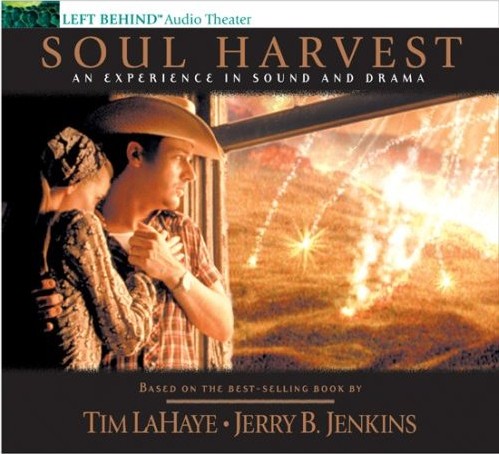
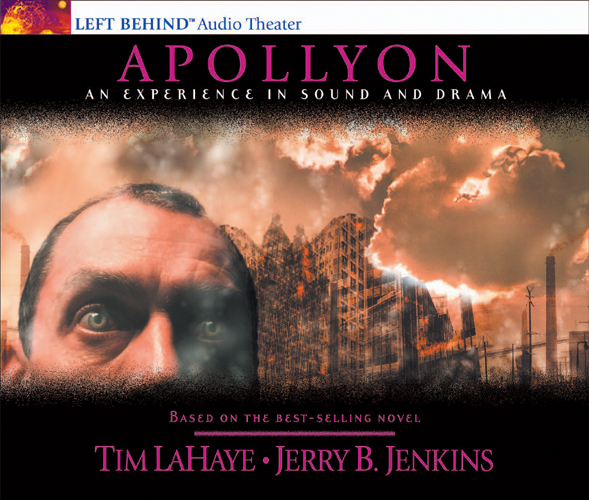
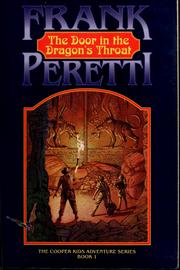
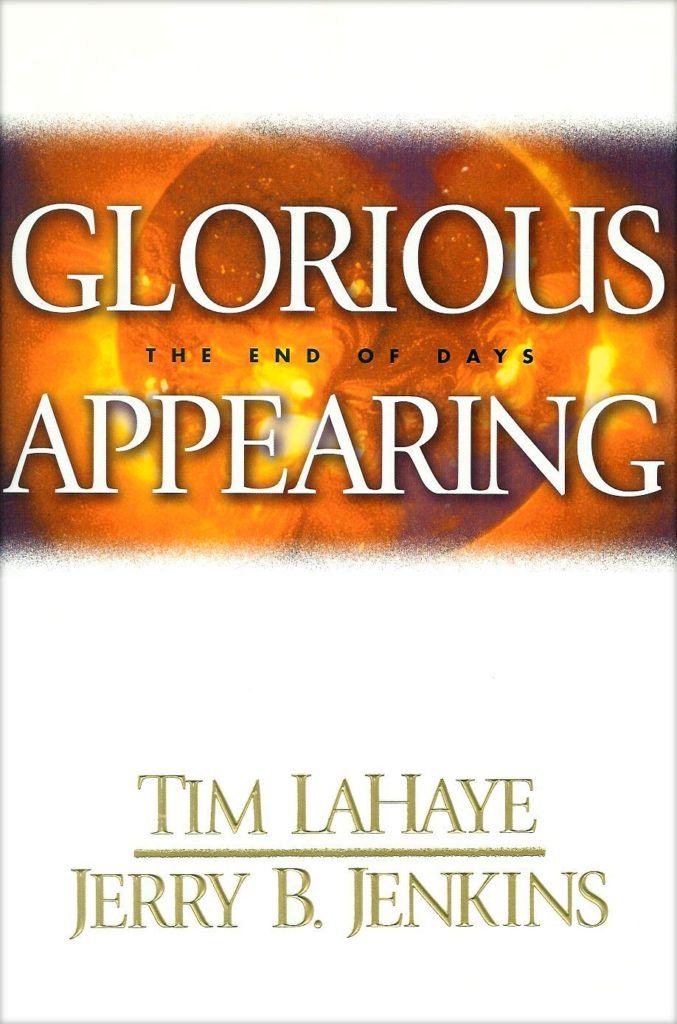


 a time when I actually believed … that as a critic I was an avenging angel with a flaming sword, and that part of my job was to help rid the culture of books that were sucking up more of the literary oxygen than they deserved. Lev Grossman, TIME book reviewer
a time when I actually believed … that as a critic I was an avenging angel with a flaming sword, and that part of my job was to help rid the culture of books that were sucking up more of the literary oxygen than they deserved. Lev Grossman, TIME book reviewer